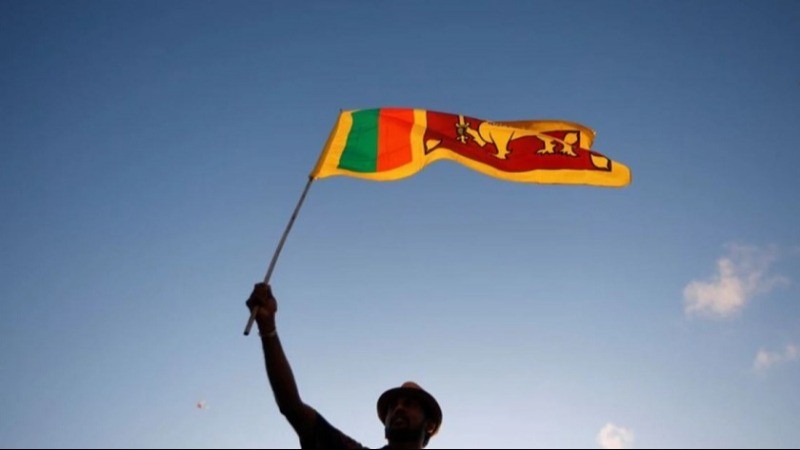
Sri Lanka is set to hold its much-awaited presidential election on September 21, marking a crucial turning point for the country still recovering from its 2022 economic collapse. The crisis, which led to mass protests and the resignation of former President Gotabaya Rajapaksa, has put the current government under intense scrutiny. This election is viewed as a referendum on the leadership of President Ranil Wickremesinghe, who has been navigating the country's economic recovery over the past two years.
Wickremesinghe’s Leadership Under Review
The upcoming election will shape Sri Lanka’s future as President Wickremesinghe faces several strong opponents. Despite overseeing a fragile economic recovery, Wickremesinghe's administration has faced criticism for its austerity measures, particularly tax hikes, implemented as part of an International Monetary Fund (IMF) bailout package. Although there have been improvements in the availability of essentials like fuel, food, and medicine, Wickremesinghe is still associated with the political elite that many blame for the initial economic crisis.
Key Contenders and Their Vision
Among the leading candidates is Anura Kumara Dissanayake, the leader of the National People’s Power coalition. Dissanayake has gained support, particularly from younger voters disillusioned with the established political system. His role in the 2022 protests against Rajapaksa has solidified his position as a formidable contender. Dissanayake now advocates for economic freedom and social welfare programs aimed at supporting the working class.
Another prominent candidate is Sajith Premadasa, a former deputy to Wickremesinghe and leader of the United People’s Power party. Premadasa has pledged to continue working with the IMF but aims to soften its impact on the country's poor. He has also garnered support from the Tamil minority by advocating for greater power devolution.
Namal Rajapaksa, representing the political legacy of the Rajapaksa family, is also in the race. His campaign seeks to reduce taxes and stimulate economic growth, with his platform attributing the 2022 crisis partly to the COVID-19 pandemic.
Election Process and Outcome
The election will take place on September 21, with results expected by the following day. Voters will rank their top three candidates, and a candidate must secure more than 50% of the votes to win. If no one reaches this threshold, the top two contenders will advance, and votes will be redistributed based on voter preferences until a winner is declared.
Focus on Economic Issues
The economy is at the heart of the election debate. Under Wickremesinghe’s administration, inflation has decreased, and foreign reserves have increased, but many Sri Lankans still grapple with high living costs and heavy taxes. While Wickremesinghe defends the IMF deal, his opponents promise to renegotiate its terms to ease financial pressures on the public. Additionally, concerns about accountability remain, with widespread dissatisfaction over allegations that Wickremesinghe's government has shielded the Rajapaksa family from repercussions for their role in the economic crisis.
NSA Ajit Doval Holds Key Security Talks with Tamil Nadu Governor R N Ravi
Indian NSA Ajit Doval Visits Sri Lanka, Explores Enhanced Economic Cooperation